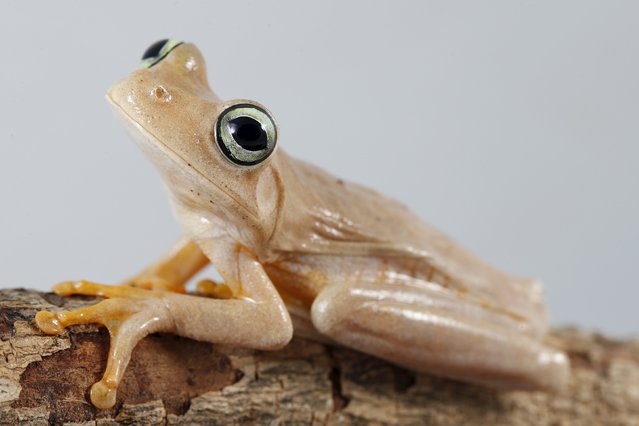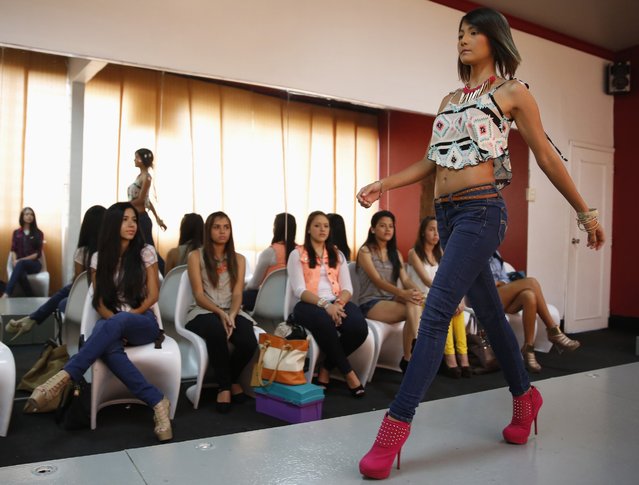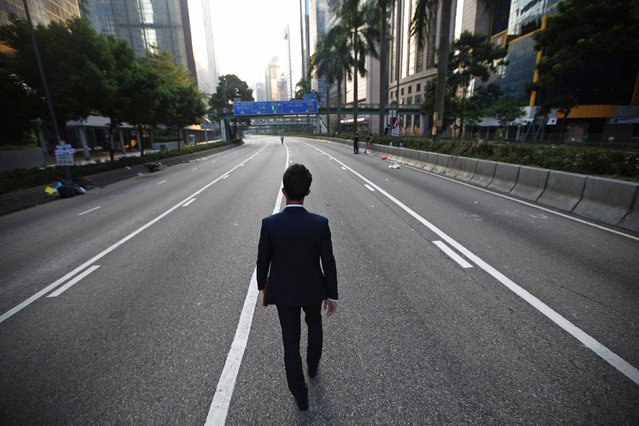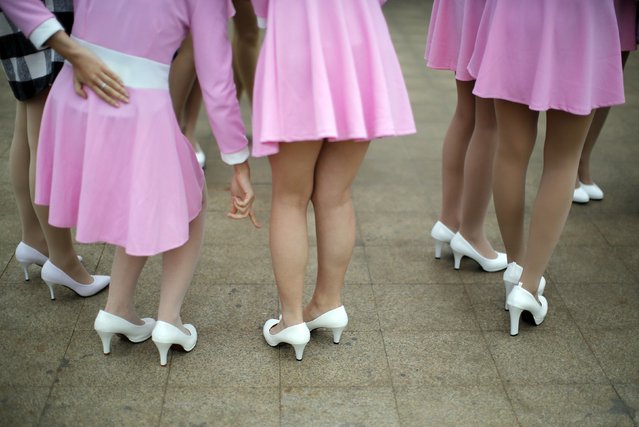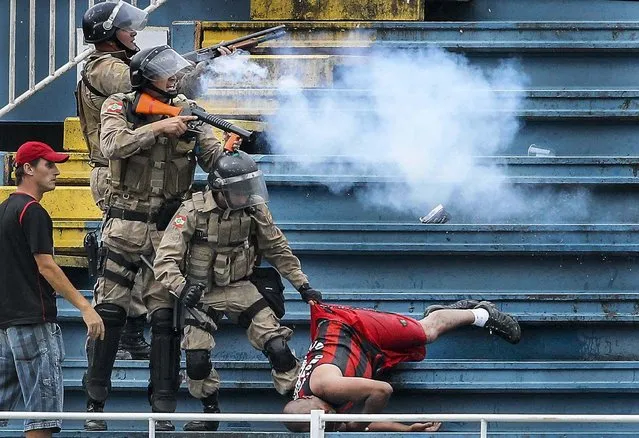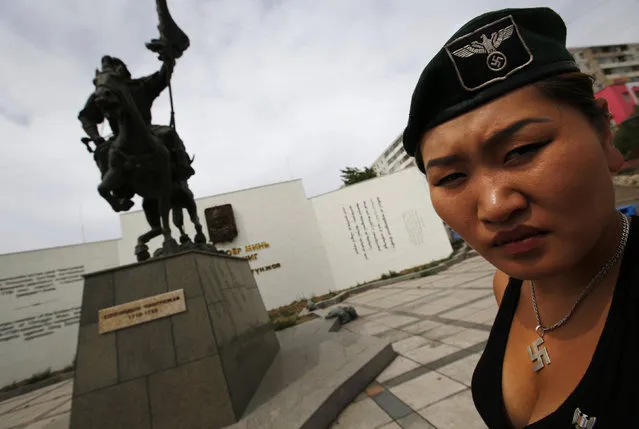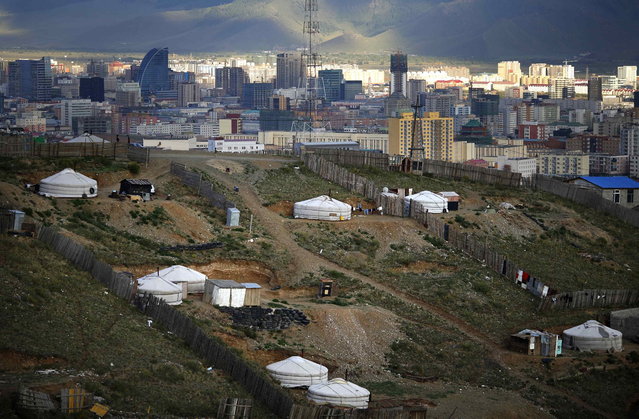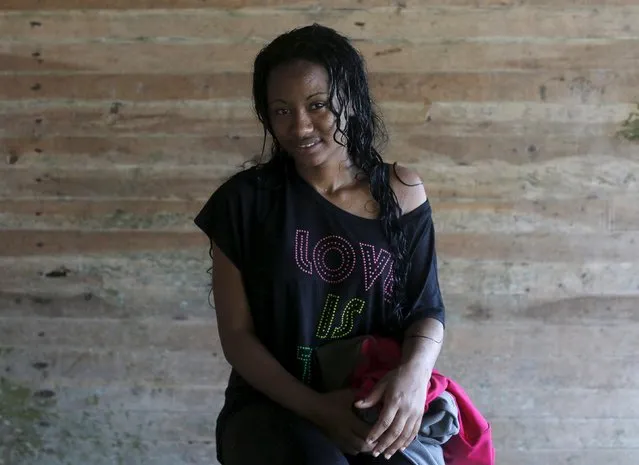
Cuban Daymara A., 20, poses for a photograph after she crossed the border from Colombia through the jungle into La Miel, in the province of Guna Yala, Panama December 2, 2015. According to local authorities in La Miel, some 100 to 150 Cubans have been entering Panama from Colombia every day for the last three months. Scores of Cubans have come to Panama as they seek overland passage towards the United States fearing a recent detente between Washington and Havana could end their preferential treatment. (Photo by Carlos Jasso/Reuters)
05 Dec 2015 08:00:00,post received
0 comments

